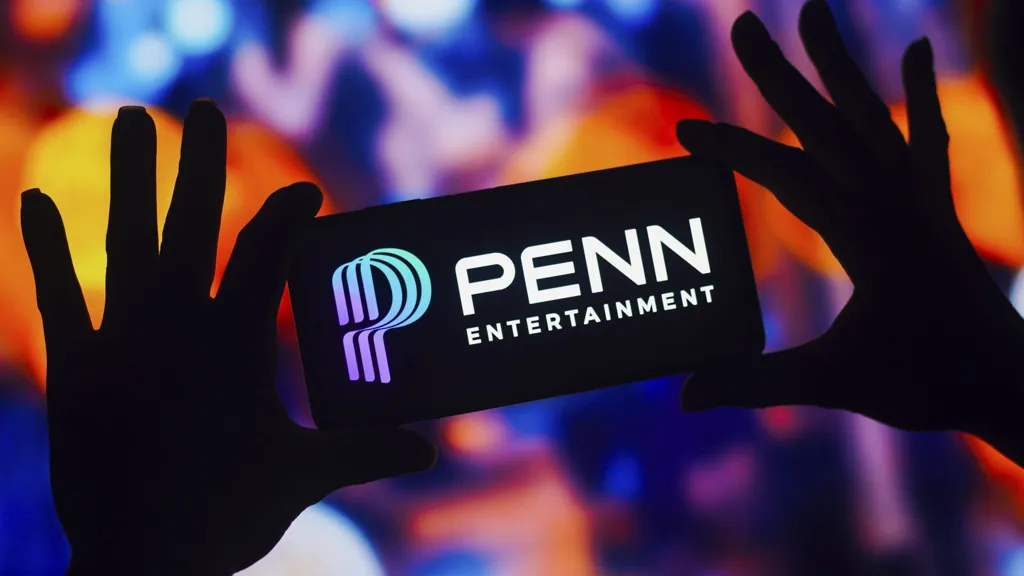Penn Entertainment (PENN) is a prominent U.S. regional gaming and sports betting company that owns or operates casinos, hotels, and racetracks. We'll describe an options trade to play its improving prospects. Boyd Gaming, another comparably sized US regional gaming company, is reportedly possibly interested in acquiring PENN. On Friday, JPMorgan upgraded the PENN on improving free cash flow. The company, which saw $90 million in negative free cash flow over the trailing 12 months ended September 30th of this year, with a consensus forecast of -$127 million for the full year, now sees Wall Street consensus of $100 million in free cash flow for FY 2025. Admittedly, a 3% free cash flow yield and 17.2 times EV/EBIT multiple aren't extraordinarily cheap multiples. The industry's mean forward EV/EBIT is 14.2, but the trend is favorable, traffic remains strong, and the company has achieved far better margins in the past. Assuming the company can capitalize on its strategic partnerships and digital expansion, a return to much better EBIT should be achievable.
In November 2023, PENN launched ESPN Bet through a $1.5 billion licensing agreement with ESPN. This partnership leverages ESPN's extensive brand recognition and media reach, positioning PENN to capture a significant share of the expanding online sports betting market. Early indicators are promising, with ESPN Bet reporting a 151% year-over-year increase in gross gaming revenue and a 403% rise in net gaming revenue as of September 2024. In an earlier research note on November 7th, JPMorgan stated, "We think the single biggest mover for the stock and investor sentiment is...success for ESPN BET." On Friday, JPMorgan raised the price target from $19 to $27.
Among other positives, analysts predicted that PENN's investments in physical projects would yield attractive double-digit cash-on-cash returns, beginning in the second half of 2025 and ending in 2026. They also project improving free cash flow due to reduced land-based capital expenditures by 2026, enabling the company to deleverage and lower interest expenses.
These factors collectively suggest that PENN is well-positioned for sustained growth and value creation. This makes it an attractive consideration for investors seeking gaming and sports betting exposure. After a multi-year decline that saw PENN's stock price fall 90% peak-to-trough, the 50-day moving average crossed over the 200-day moving average several weeks ago. Admittedly, we saw a brief 50/200 head fake in mid-January, but so far this time, it has held, and an uptick in volume at the end of last week may provide another signal that we may finally be seeing a bearish-to-bullish reversal.
PENN has substantial balance sheet leverage, which contributes to elevated options premiums. One way to offset those premiums is by selling nearer-dated options at expirations that do not capture catalysts, such as earnings, while buying longer-dated options that do, such as the calendar risk reversal provided in this example:
- Sell PENN Jan. 31 $18.50 put
- Buy PENN Apr. 17 $22.50 call
- Sell PENN Jan. 31 $24.50 call
